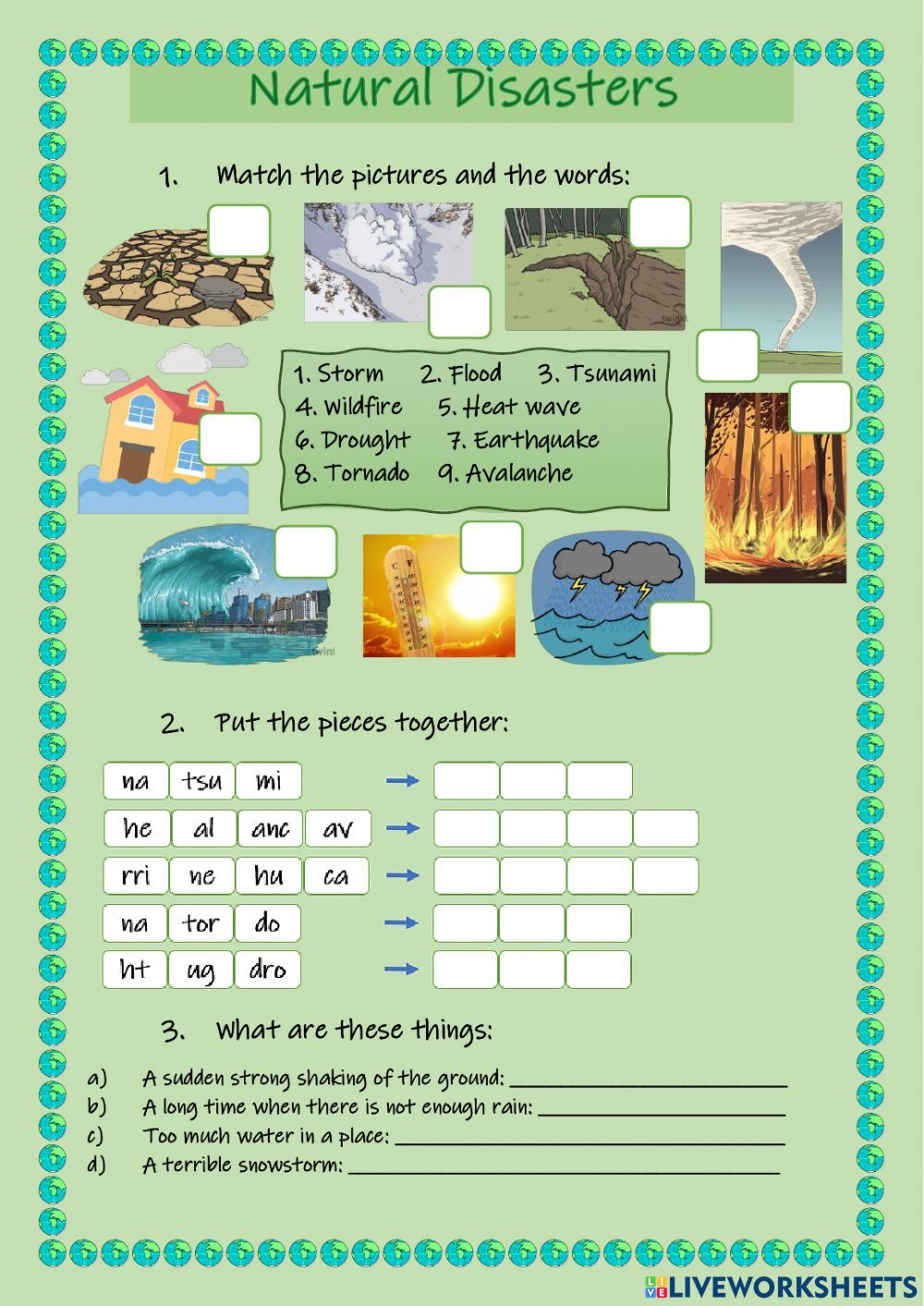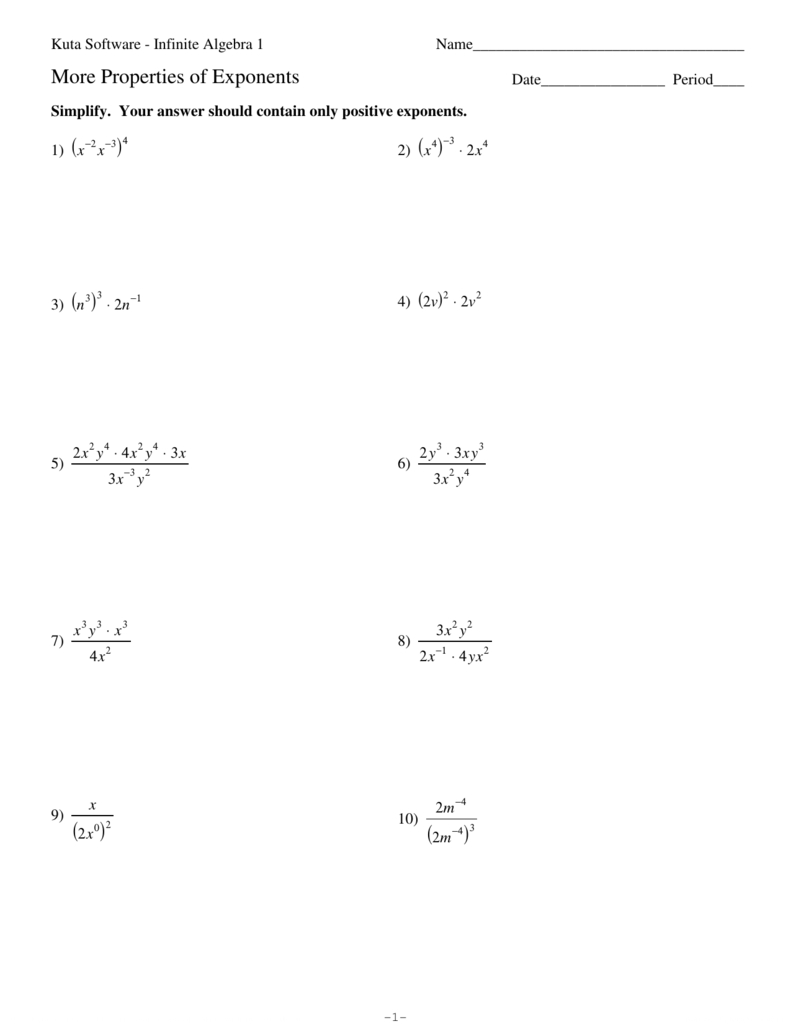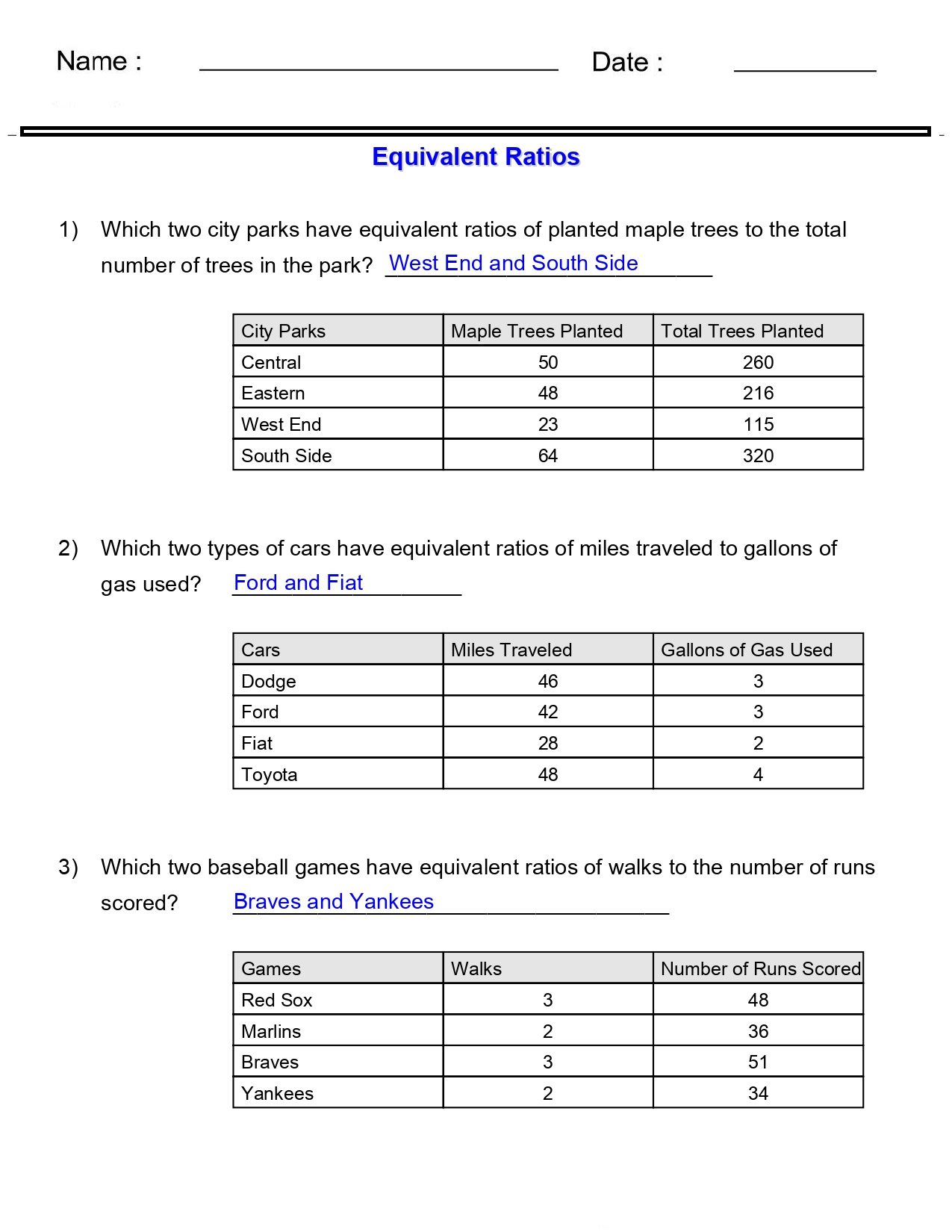Anger Management Worksheets for Kids to Calm Down
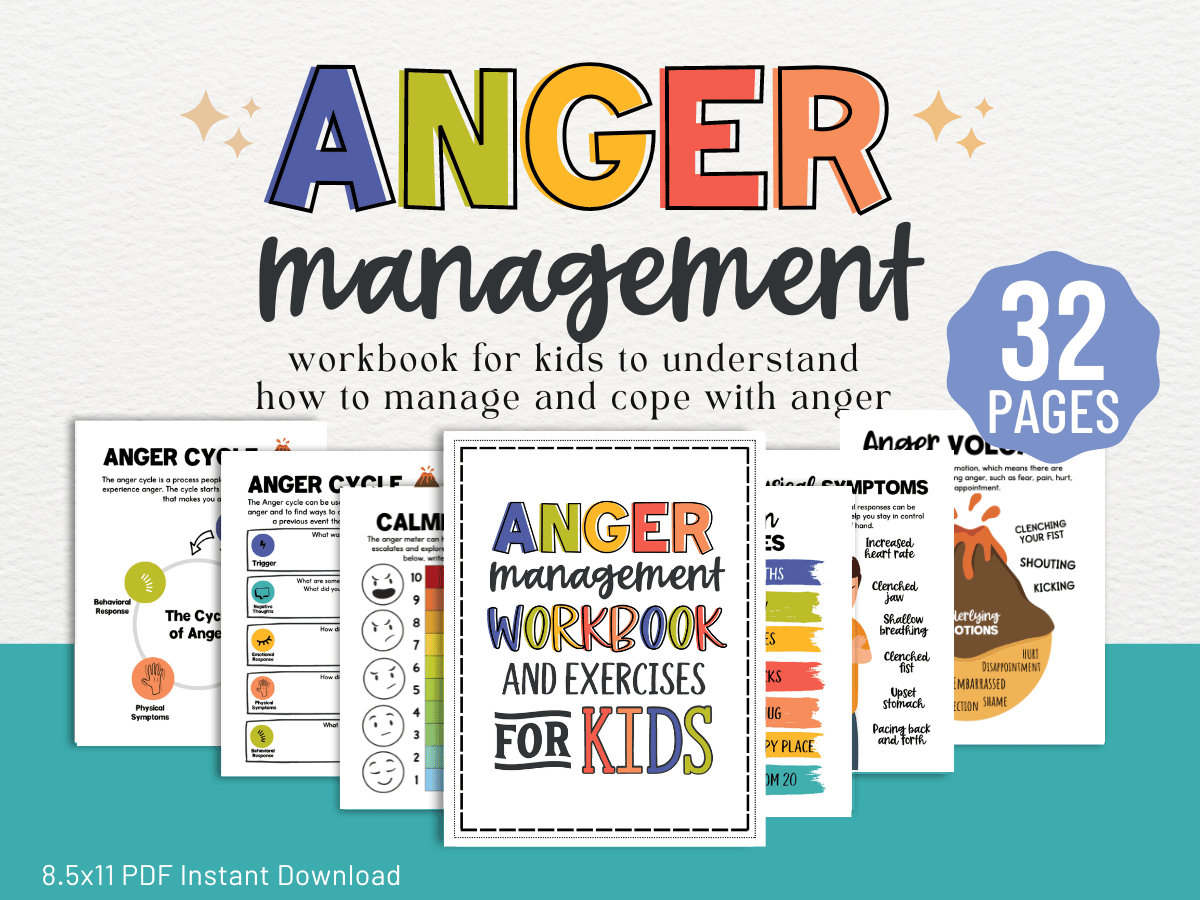
Anger Management Worksheets for Kids to Calm Down
Anger is a natural emotion that everyone experiences, including children. However, some kids may struggle with managing their anger, leading to outbursts, tantrums, and other behavioral problems. Teaching kids effective anger management techniques can help them develop essential life skills and improve their relationships with others. One way to do this is by using anger management worksheets specifically designed for kids.
Benefits of Anger Management Worksheets for Kids
Anger management worksheets can be a valuable tool in helping kids manage their anger and develop emotional regulation skills. Some benefits of using these worksheets include:
- Improved emotional awareness: Worksheets can help kids identify and recognize their emotions, including anger, and understand how it affects their behavior.
- Developing coping skills: Anger management worksheets can teach kids various coping skills and strategies to manage their anger, such as deep breathing, counting, and physical activity.
- Enhanced problem-solving skills: Worksheets can help kids develop problem-solving skills by identifying triggers, considering consequences, and finding alternative solutions.
- Increased self-awareness: Anger management worksheets can help kids understand their thoughts, feelings, and behaviors, leading to increased self-awareness and self-regulation.
Types of Anger Management Worksheets for Kids
There are various types of anger management worksheets suitable for kids, including:
- Feelings charts and emotion wheels: Help kids identify and recognize different emotions, including anger, and understand how they relate to their thoughts and behaviors.
- Anger triggers worksheets: Help kids identify common triggers that cause them to feel angry, such as frustration, tiredness, or hunger.
- Deep breathing and relaxation exercises: Teach kids relaxation techniques, such as deep breathing, progressive muscle relaxation, and visualization, to calm down and manage their anger.
- Physical activity worksheets: Encourage kids to engage in physical activities, such as drawing, puzzles, or sports, to release tension and manage their anger.
- Problem-solving worksheets: Help kids develop problem-solving skills by identifying problems, considering consequences, and finding alternative solutions.
How to Use Anger Management Worksheets with Kids
Using anger management worksheets with kids can be a fun and engaging way to teach them essential skills. Here are some tips to keep in mind:
- Make it interactive: Use worksheets that include games, puzzles, and activities to make learning fun and engaging.
- Keep it simple: Use simple language and visuals to help kids understand complex emotions and concepts.
- Encourage self-expression: Allow kids to express their thoughts and feelings through writing, drawing, or other creative activities.
- Provide feedback and support: Offer feedback and support as kids complete worksheets, and encourage them to share their thoughts and feelings.
Example Anger Management Worksheet for Kids
Here is an example of an anger management worksheet that can be used with kids:
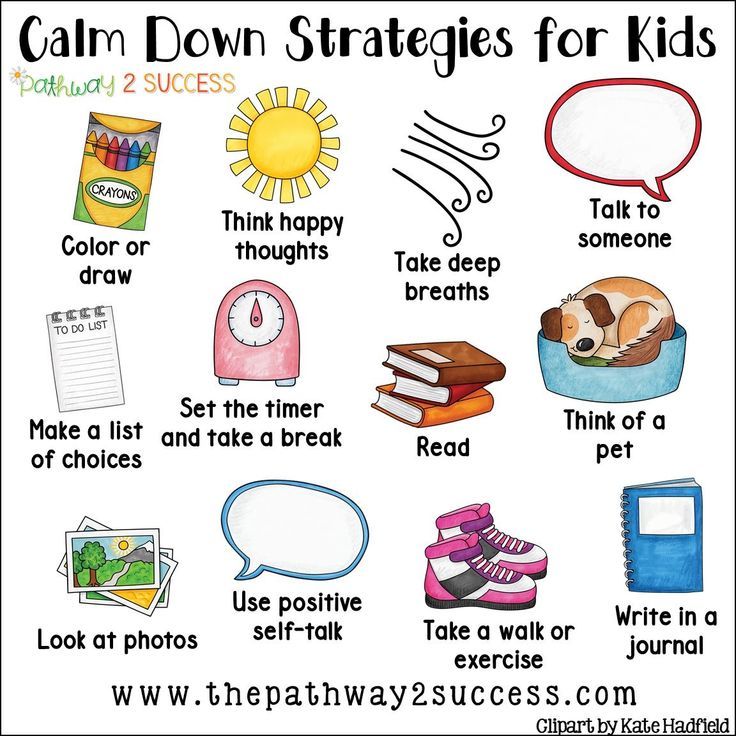
| Feelings Chart | |
|---|---|
| How am I feeling today? | Happy Sad Angry Other (please specify) |
| What is making me feel this way? | |
| What can I do to feel better? | Deep breathing Drawing Talking to someone Other (please specify) |
This worksheet can help kids identify their emotions, understand what triggers their anger, and develop coping skills to manage their anger.
🤔 Note: Anger management worksheets should be used in conjunction with other strategies, such as positive reinforcement, modeling, and teaching problem-solving skills, to help kids develop effective anger management techniques.
As kids learn to manage their anger and develop emotional regulation skills, they can improve their relationships with others, achieve academic success, and develop essential life skills. By using anger management worksheets and other strategies, parents, educators, and caregivers can help kids develop the skills they need to succeed in life.
What are some common triggers for anger in kids?
+Common triggers for anger in kids include frustration, tiredness, hunger, and feeling overwhelmed or embarrassed.
How can I help my child develop anger management skills?
+You can help your child develop anger management skills by teaching them relaxation techniques, such as deep breathing and progressive muscle relaxation, and encouraging them to engage in physical activities, such as sports or drawing.
What are some benefits of using anger management worksheets with kids?
+Anger management worksheets can help kids develop emotional awareness, improve their problem-solving skills, and increase their self-awareness, leading to better relationships and academic success.

